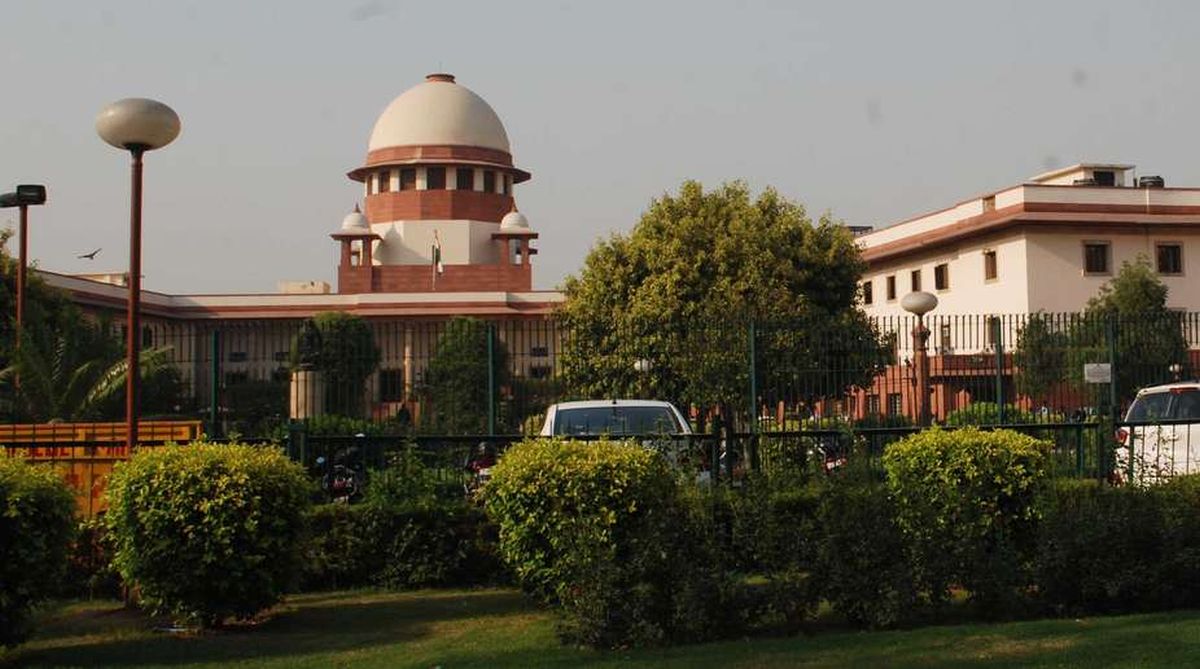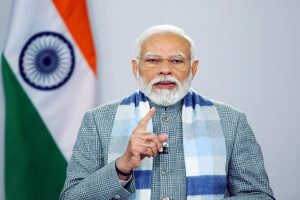The Supreme Court decided to reconstitute the five-judge bench which is to hear the Ayodhya title dispute case on Thursday deferring the hearing to 29 January.
The bench of five judges headed by Chief Justice Ranjan Gogoi was told on Thursday that Justice UU Lalit, one of the members of the bench, had in 1997 appeared as a lawyer for former Uttar Pradesh Chief Minister Kalyan Singh in one of the matters related to the Babri Masjid-Ram Janmabhoomi dispute.
Advertisement
Senior counsel Rajeev Dhawan, appearing for one of the Muslim parties, told the court that he personally has no objection to the presence of Justice Lalit on the bench and was just bringing the issue to the notice of the court. Singh is currently the Rajasthan Governor.
Subsequently, Justice Lalit recused himself from the hearing informing the bench, which included Justice SA Bobde, Justice NV Ramana, and Justice DY Chandrchud, of his reluctance to continue.
Dhavan also drew the attention of the bench to the fact that the matter was earlier fixed for hearing before a three-judge bench but the CJI took a decision to list it before a five-judge Constitution Bench.
Chief Justice Gogoi in his order said that under the Supreme Court rules in exercise of his administrative powers, it was his perogative to decide the strength of the bench.
“In view of the facts and circumstances of the matter and the voluminous records pertaining to it, this was a fit case for constituting a five-judge bench,” he said.
In its order, the bench said the apex court registry will physically examine the records relating to the Ayodhya case stored in 50 sealed trunks in the room, which has also been kept sealed.
The top court said the records pertaining to the matter are voluminous and some of the documents are in Sanskrit, Arabic, Urdu, Hindi, Persian and Gurmukhi that need to be translated.
If required, the apex court registry can take the service of official translators, the bench said.
The court said that a report be submitted by 29 January as to how much time it would require for translating the documents and the case material.
On 27 September last year, a three-judge bench of the top court by 2:1 majority refused to refer to a five-judge Constitution bench reconsideration of the observations in its 1994 judgement that a mosque was not integral to Islam.
The matter arose during the hearing of the Ayodhya land dispute.
The apex court on 29 October last year fixed the matter in the first week of January before the “appropriate bench”.
When the matter was last taken up on 4 January, there was no indication that the case would be referred to a Constitution bench as the apex court had simply said further orders in the matter would be passed on 10 January by “the appropriate bench, as may be constituted”.
The top court had also rejected a plea for an urgent hearing on the matter.
Various Hindutva organisations have been demanding an ordinance on early construction of Ram temple at the disputed site.
Having directed the secretary general of the Supreme Court to submit the report in 15 days the court directed that the reconstituted bench will hold the hearing on January 29.
(With inputs from agencies.)











